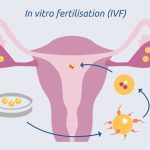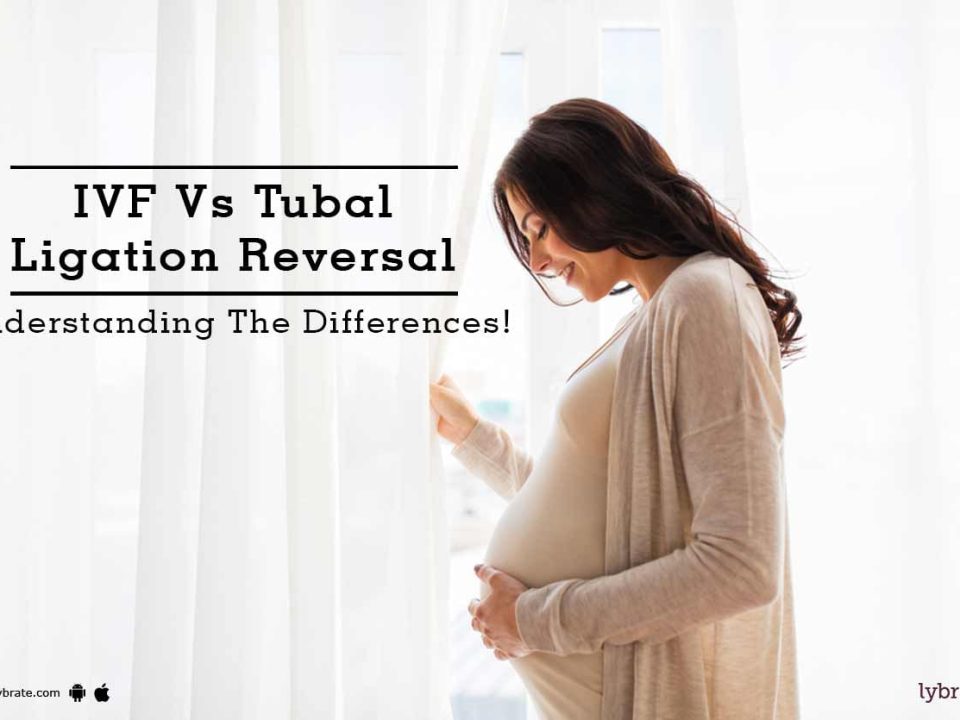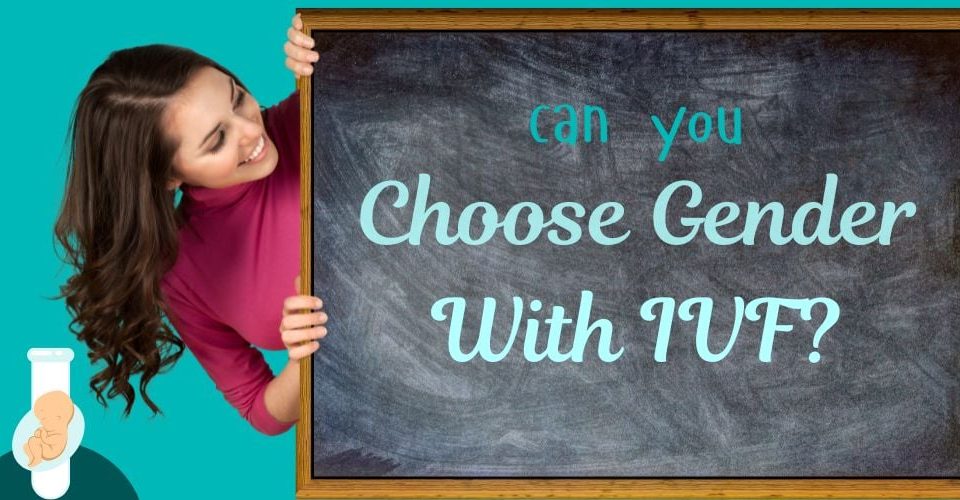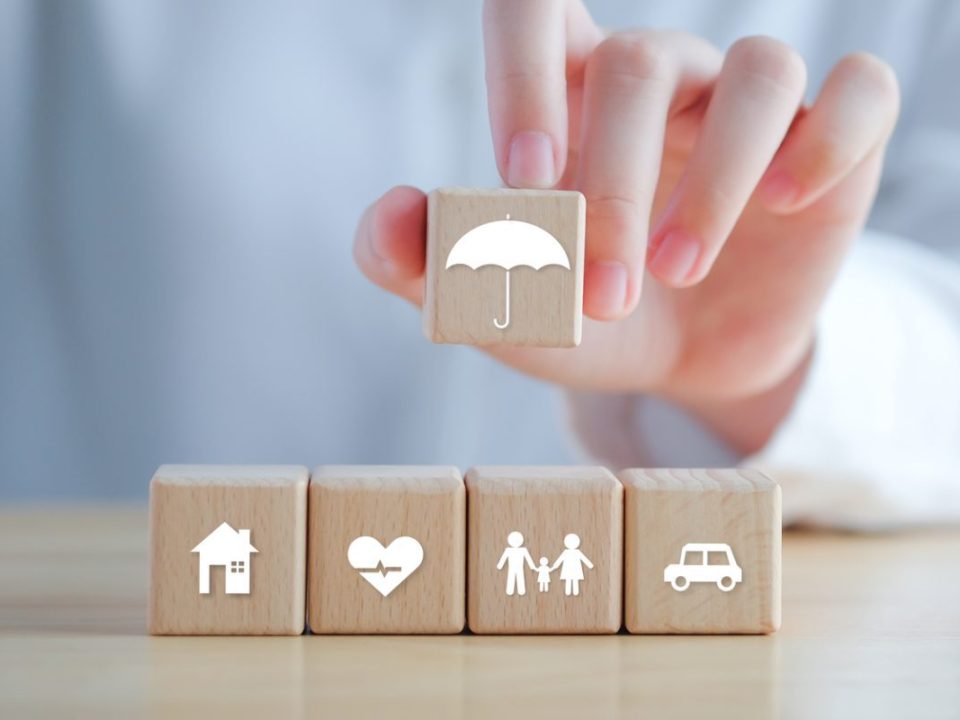Does IVF Increase Cancer Risk? A Deep Dive into the Facts, Fears, and Future
When you’re thinking about starting a family through in vitro fertilization (IVF), it’s natural to have questions—and maybe even some worries. One big concern that pops up a lot is whether IVF could increase your risk of cancer. With all the hormones, medications, and procedures involved, it’s easy to wonder if there’s a hidden catch. You’re not alone in asking this! Millions of people turn to IVF every year, and the question of cancer risk is something researchers have been digging into for decades.
In this article, we’re going to unpack everything you need to know about IVF and cancer risk. We’ll look at what science says, bust some myths, and even explore angles you might not have thought about—like how your age or family history fits into the picture. Whether you’re just curious or seriously considering IVF, stick around. This is your one-stop guide to feeling informed and empowered.
What Is IVF, Anyway?
IVF is a process where doctors help you get pregnant by combining an egg and sperm outside the body, then placing the embryo into the uterus. It’s a lifeline for people dealing with infertility, and it’s been around since the first “test-tube baby” was born in 1978. Today, it’s super common—about 1.9% of all babies born in the U.S. come from IVF, according to the CDC.
But here’s where the worry creeps in: IVF involves medications that boost your hormone levels to produce more eggs. Hormones like estrogen and progesterone play a big role in your body, and some cancers—like breast and ovarian cancer—are sensitive to them. So, does pumping up those hormones mean you’re rolling the dice with your health? Let’s find out.
The Big Question: Does IVF Cause Cancer?
The short answer? No, IVF doesn’t seem to increase cancer risk for most people. But the full story is a little more complicated—and way more interesting. Researchers have been studying this for years, and the results are pretty reassuring. Let’s break it down by the types of cancer people worry about most: breast, ovarian, and endometrial (uterine) cancer.
Breast Cancer: Hormones and Hype
Breast cancer is the most common cancer among women, so it’s no surprise it’s a hot topic when it comes to IVF. The fear comes from the idea that fertility drugs spike estrogen levels, and some breast cancers thrive on estrogen. Sounds scary, right? But hold on—science has something to say about it.
A massive study from the Netherlands followed over 25,000 women for 21 years. Some had IVF, some didn’t. The result? No significant difference in breast cancer risk between the two groups. Another big study in Sweden looked at 24,000 women who had IVF babies and compared them to 1.4 million who conceived naturally. Guess what? The IVF group actually had a 24% lower risk of breast cancer over eight years. Crazy, right?
So why the lower risk? It’s not that IVF protects you—it’s more likely that women who successfully have babies through IVF are healthier overall or get screened more often. Still, the takeaway is clear: IVF doesn’t seem to push your breast cancer risk up.
Ovarian Cancer: A Closer Look
Ovarian cancer is rarer but deadlier, so any hint of a link with IVF gets attention. The concern here is that stimulating your ovaries to make more eggs might damage them over time, possibly leading to cancer. There’s even a theory called “incessant ovulation,” which says the more your ovaries work, the higher your risk.
Here’s the good news: a 2021 study in the Journal of the National Cancer Institute tracked over 30,000 women who had IVF and found no increased risk of ovarian cancer compared to women who didn’t. Even better, women who had multiple kids after IVF had a lower risk. Why? Having babies and breastfeeding can pause ovulation, which might protect your ovaries.
But there’s a twist. Women who never get pregnant—even with IVF—do have a slightly higher risk of ovarian cancer. This isn’t about IVF itself; it’s tied to infertility. Childlessness (or “nulliparity,” as doctors call it) is a known risk factor, whether you use IVF or not.
Endometrial Cancer: The Uterus Connection
Endometrial cancer affects the lining of the uterus, and it’s another hormone-sensitive cancer. Since IVF involves progesterone and estrogen, some wonder if it could tip the scales. A 2018 study found that women who used clomiphene citrate (a common fertility drug) had a higher risk of endometrial cancer—but not those who did IVF specifically. In fact, IVF users showed no significant increase compared to the general population.
What’s the deal? Infertility itself—like conditions such as PCOS—can mess with your hormones and raise your risk, not necessarily the IVF process. Once again, the treatment isn’t the bad guy here.
Why the Confusion? Untangling the Myths
If the science is so reassuring, why do people still freak out about IVF and cancer? Let’s clear up a few reasons.
Myth #1: Hormones Always Equal Cancer
Hormones get a bad rap because some cancers love them. But the hormone spikes in IVF are short-term—usually just a few weeks per cycle. Compare that to years of natural hormone changes during menstruation or pregnancy. Studies show these brief boosts don’t seem to trigger cancer in healthy women.
Myth #2: IVF Is One-Size-Fits-All
Not true! IVF is tailored to you—your age, health, and fertility issues all shape the plan. Some women need more cycles or higher doses, but modern protocols keep hormone levels as safe as possible. Older studies from the ‘80s and ‘90s used way higher doses than today, which might explain some early worries.
Myth #3: Infertility Doesn’t Matter
Here’s a key point: infertility itself can bump up your cancer risk. Conditions like endometriosis or PCOS are linked to higher odds of ovarian or endometrial cancer, whether you do IVF or not. So, when studies see a slight uptick in cancer among IVF users, it’s often the infertility—not the treatment—doing the heavy lifting.
What’s New in 2025? Fresh Research and Trends
Science doesn’t stand still, and 2025 has brought some exciting updates. A recent study from Norway tracked women who had IVF in the ‘90s and found no long-term increase in breast cancer risk—even 30 years later. That’s huge because it covers women now hitting menopause, when cancer risks naturally rise.
On social platforms like X, people are buzzing about IVF safety too. Posts in early 2025 show a mix of relief (“Studies say IVF doesn’t cause cancer—phew!”) and lingering doubts (“But what about the kids?”). Google Trends data from the past year also shows spikes in searches like “IVF cancer risk 2025” and “fertility drugs side effects,” especially around March when new studies hit the news. People want answers—and they’re digging deeper than ever.
Who’s at Risk? Factors That Actually Matter
IVF doesn’t happen in a vacuum. Your personal health, lifestyle, and genetics play a bigger role in cancer risk than the treatment itself. Let’s break it down.
Age: The Clock Keeps Ticking
Older women doing IVF (say, over 40) might wonder if age plus hormones equals trouble. A 2022 study of women treated at 40+ found no extra cancer risk after 10+ years. Age is a risk factor for cancer anyway, but IVF doesn’t seem to make it worse.
Family History: The Genetic Wildcard
Got a mom or sister with breast or ovarian cancer? That’s a bigger deal than IVF. BRCA1 and BRCA2 gene mutations skyrocket your risk—up to 72% for breast cancer by age 80, says the National Cancer Institute. If you’ve got these genes, talk to your doctor before IVF. The treatment won’t cause cancer, but it won’t erase your genetic odds either.
Lifestyle: What You Can Control
Smoking, obesity, and skipping exercise all nudge your cancer risk up. A 2019 review found that obese women (BMI 30+) have a higher baseline risk of endometrial cancer, IVF or not. Eating a balanced diet and staying active can offset some of that—no fertility drugs required.
Quick Quiz: What’s Your Risk Profile?
Take a sec to think about yourself:
- ✔️ Are you over 40?
- ✔️ Do you have a family history of cancer?
- ✔️ Do you smoke or carry extra weight?
- ❌ None of the above? You’re starting from a pretty good spot!
The more “✔️”s you check, the more it’s worth chatting with your doctor—not just about IVF, but your overall health.
IVF for Older Women: A Special Case?
Lots of women over 35 turn to IVF, and some wonder if starting later changes the cancer equation. Here’s the scoop: a 2022 study in ScienceDirect followed women who did IVF at 40 or older. After 15 years, their cancer rates matched the general population—no spike tied to IVF. The hormones didn’t seem to care about the calendar.
But there’s a flip side. Older women often need more IVF cycles to succeed, and some worry about “cumulative exposure” to fertility drugs. A 2023 analysis found that even six or more cycles didn’t raise breast cancer risk. Phew! Still, if you’re in this boat, ask your doctor about minimizing cycles with techniques like egg freezing earlier in life.
Kids Conceived Through IVF: Are They Safe?
Okay, so IVF doesn’t seem to harm you—but what about the babies? This is a question that’s been trending big-time in 2025, especially on X, where parents are asking, “Does IVF increase cancer risk in kids?”
A 2019 study in JAMA Pediatrics looked at 275,000 IVF babies and found a tiny uptick in rare cancers like leukemia (about 1 extra case per 1,000 kids). But here’s the kicker: the risk was so small it’s barely a blip, and it might be tied to infertility factors—like low birth weight or preterm birth—not IVF itself. A 2024 Dutch study of 24,000 IVF kids found no increased cancer risk after 20 years. Bottom line? Your little one’s odds look just fine.
The Emotional Side: Fear vs. Facts
Let’s be real—IVF is stressful enough without cancer worries piling on. The hormone shots, the waiting, the hope—it’s a rollercoaster. Hearing “cancer risk” can feel like a gut punch. But here’s a silver lining: knowing the facts can lighten that load. Studies show most women feel relieved after learning IVF’s safety record. Knowledge is power, right?
Coping Tip: Build Your Support Squad
- Talk to your doctor—they’ve got the latest info.
- Join an IVF support group online—real stories calm nerves.
- Lean on a friend who gets it—sometimes you just need to vent.
What Doctors Aren’t Telling You (But Should)
Most docs will say IVF is safe, and they’re right. But there are a few under-the-radar topics that don’t get enough airtime. Let’s shine a light on them.
Long-Term Drug Effects: The Missing Puzzle Piece
Most studies follow women for 10-20 years, but what about 40 years later? Fertility drugs like clomiphene were used heavily in the ‘60s and ‘70s, and those women are now in their 70s and 80s. A 2020 NCI study found a slight ovarian cancer bump in women who used clomiphene for 12+ cycles—but that’s rare today. Modern IVF uses lower doses and different drugs. Still, we need more data on the super long haul.
Screening: Your Secret Weapon
Women doing IVF often get more health checks—think mammograms or pelvic ultrasounds. A 2021 study suggested this extra vigilance might catch cancers early, lowering death rates. So, IVF could indirectly help by keeping you on top of your health.
Frozen Embryos: A New Frontier
Freezing embryos is huge now—about 40% of IVF cycles in 2025 use them, per CDC stats. A Danish study this year found a small leukemia risk in kids from frozen embryos, but it’s not conclusive. For moms, though? No cancer link so far. This is a hot research area—stay tuned.
Practical Steps: Lowering Your Risk (IVF or Not)
Cancer risk isn’t just about IVF—it’s about your whole life. Here’s how to take charge, whether you’re mid-cycle or just planning.
Step-by-Step Health Boost
- Eat Smart: Load up on veggies, fruits, and whole grains. A 2022 study linked low-fat diets to lower ovarian cancer risk.
- Move It: Aim for 30 minutes of exercise most days—walking counts! It cuts breast cancer odds by 10-20%, says the American Cancer Society.
- Screen Regularly: Ask your doc about mammograms or CA-125 tests, especially if you’re high-risk.
- Limit Cycles (If You Can): Work with your fertility team to optimize each IVF round—fewer cycles mean less hormone exposure.
Do’s and Don’ts
- ✔️ Do ask about personalized IVF plans—tailoring cuts unnecessary drugs.
- ❌ Don’t skip follow-ups—post-IVF checkups matter.
- ✔️ Do quit smoking—it’s a cancer multiplier.
- ❌ Don’t stress over every headline—stick to trusted sources.
Real Stories: What Women Say
Meet Sarah, 38, from California. She did three IVF cycles and had twins in 2023. “I was terrified about cancer at first,” she says. “But my doctor walked me through the studies, and I felt so much better. Now I’m just focused on my kids.” Then there’s Mia, 45, who froze her eggs at 35 and used them last year. “I wish I’d known earlier how safe it is—I’d have stressed less.”
These stories show a pattern: fear fades when facts take over. Your journey might feel unique, but the science backs you up.
Poll Time: What Worries You Most?
Let’s get interactive! Pick one:
- A) Cancer risk for me
- B) Cancer risk for my future kids
- C) Side effects of fertility drugs
- D) Nothing—I’m good!
Drop your answer in your head (or share it with a friend!). It’s a quick way to see where you’re at—and you might be surprised how many feel the same.
The Future: Where’s This Headed?
IVF tech is evolving fast. Think AI-designed drug doses or gentler stim protocols. A 2025 trial in Israel is testing “mini-IVF” with lower hormones—early results show no cancer uptick and decent success rates. Plus, genetic screening for embryos is getting sharper, cutting risks tied to infertility genes.
For cancer research, the next decade is key. As more IVF users hit their 60s and 70s, we’ll get the full picture. Until then, the data we have is solid—and it’s on your side.
Wrapping It Up: Your Takeaway
So, does IVF increase cancer risk? For most women, nope—it’s a green light. The real culprits are things like infertility, age, or genetics, not the treatment itself. Kids born from IVF? They’re looking good too. Armed with the latest studies and a few smart moves, you can step into IVF with confidence—or at least a lot less worry.
This isn’t just about stats—it’s about you. Whether you’re weighing options or already on the journey, you’ve got the tools to make sense of it all. Chat with your doctor, lean on your crew, and trust the process. You’re not just chasing a baby—you’re building a future. And the science says you can do it safely.





